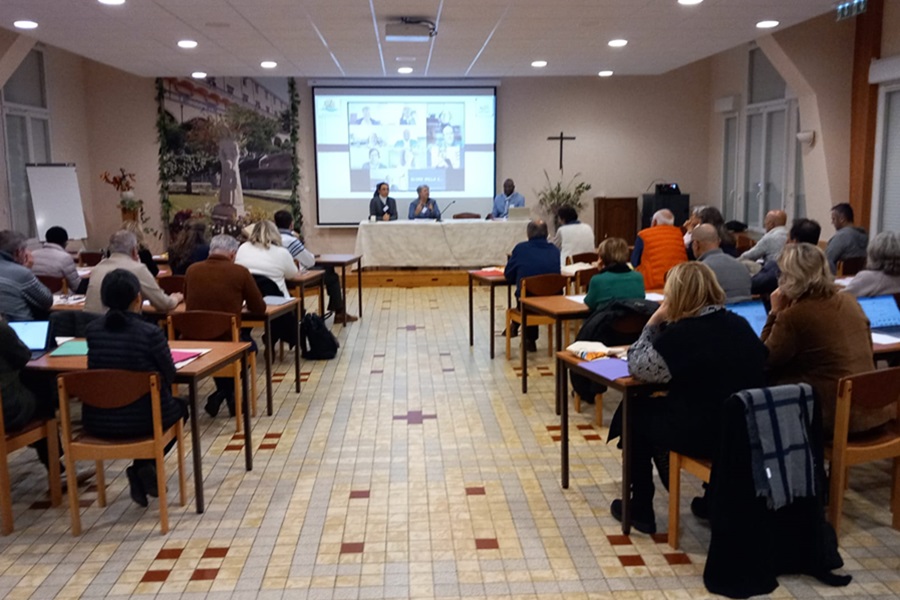Our Christian brothers and sisters in Laos and Vietnam have a story worth knowing, a story of patience, humility, poverty, practical outreach to poor minorities and apostolic resourcefulness.
Laos
In the 1930s, Father Victor Barbier, in charge of Thakhek‘s Christianity, composed mainly of Vietnamese who had come from Vinh, where he had been pastor, asked the women’s congregations of Europe to come and work in Laos. After 26 negative responses, the Superior General of the Sisters of Charity, Mother Anna Lapiere, accepted the appeal on January 14, 1934. The same day in Rome Pius XI proclaimed foundress Mother Thouret a saint.
In 1975 the pro-Western regime was replaced by a Marxist-Leninist one in tune with other Asian states. Power passed into the hands of the Lao People’s Revolutionary Party, which still holds it today. Foreign missionaries were expelled, church buildings nationalized, even the Sisters of Charity had to disperse to the villages, going to share the simple lives of the rural people.
In this still difficult context, the church continued its work, forging good relations with the ruling Party, but always ensuring that the rights of the weakest were safeguarded. Some bishops, priests, and lay people in the country have experienced years of imprisonment. Therefore, the presence of the Sisters of Charity in Laos is also very delicate.
Vietnam
A Christian community celebrating its 300th anniversary: it is 1997 in Thoninh, Vinh Diocese. For the blessing of the new parish building, some Sisters of Charity native to that community participate. A dialogue between the Sisters of Charity and the Catholic Church in Vietnam is initiated, and in 2000, a Sister of Charity in Saigon welcomes some young women who are eager to consecrate themselves to the Lord, takes in a poor, small house of an elderly woman who is caring for an elderly and sick priest.
Christians in Vietnam are proud of their faith rooted in family piety and characterized by strong parish roots. Vietnamese society, and the Church itself, display admirable dynamism and, in the Church’s case, patience to the fullest when the state has created difficulties. The Sisters of Charity actively participate in social and ecclesial life.









